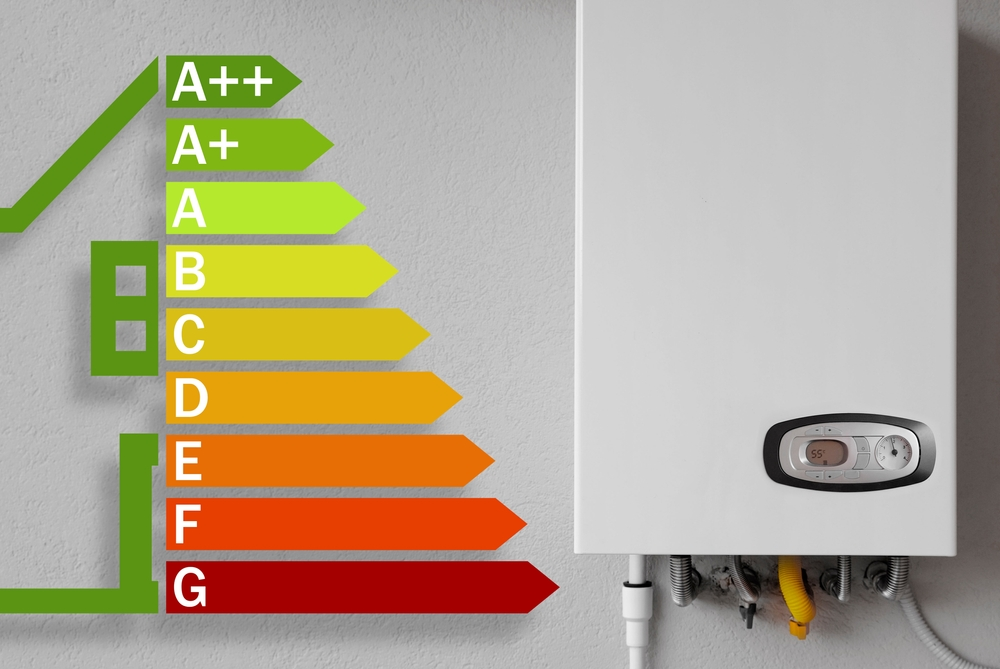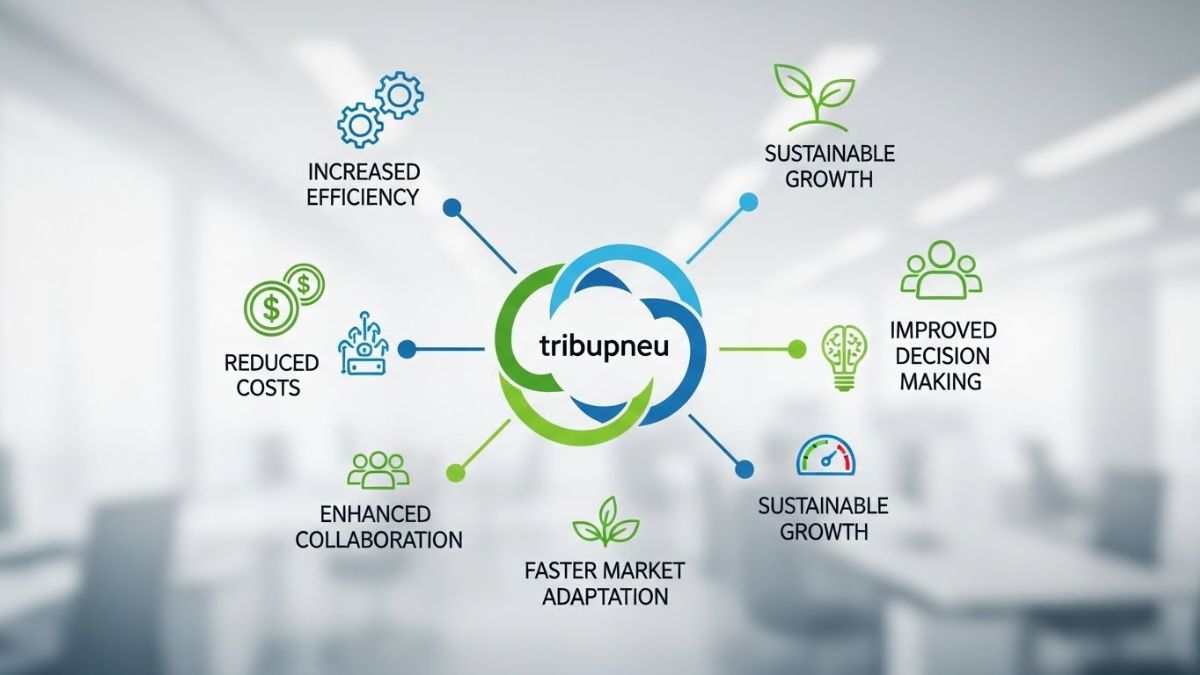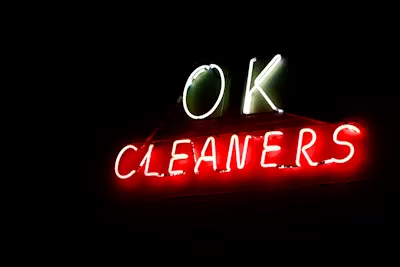Heating in the UK uses over 60% of the average domestic energy. If your boiler’s not efficient, therefore, then it’s not just wasting heat—it’s throwing money away. Maybe the most straightforward way of keeping that at bay is having knowledge of the boiler efficiency rating.
Let’s take a look at why these scores matter, how they affect your bills and emissions, and how government programs such as the ECO4 scheme can assist you in switching for less or nothing.
What Are Boiler Efficiency Ratings?
Boiler efficiency ratings indicate how efficiently your boiler can burn fuel into usable heat. The more efficient the boiler, the less fuel will be wasted. Ratings are sometimes given in letters. A-rated boilers are most efficient, usually over 90%. G-rated boilers are below 70% efficient.
That’s what that actually translates to: if your boiler is 60% efficient, then 40p for every £1 you spend on heating is lost. A new A-rated boiler only loses 10p per £1. That adds up quick—particularly when heating bills are increasing.
A Real Example: The Cost of an Old Boiler
Let’s take a three-bedroom house in Sheffield using a 15-year-old G-rated boiler. The family spends around £1,800 a year on heating. After switching to a new A-rated condensing boiler, their annual heating cost drops to about £1,200. That’s a £600 saving every single year—without any changes in how often they heat their home.
Over five years, that’s £3,000 saved. All because they understood how boiler efficiency ratings impact their wallet.
Why It’s Also About the Planet
Smaller bills are wonderful—but there’s an even larger reason efficiency is important: the planet. Outdated boilers use more gas or oil and pump out more CO2 into the air. The more efficient your boiler is, the less fuel it will burn, and the less emissions it will give off.
The Energy Saving Trust states that replacing an existing non-condensing boiler with a new condensing boiler can reduce a house’s carbon footprint by as much as 1.9 tonnes annually. That’s about the same effect as planting 30 trees each year.
For families who care about doing their part—or landlords trying to meet minimum EPC (Energy Performance Certificate) standards—boiler efficiency ratings can no longer be ignored.
The ECO4 Scheme: Help Is Available
The ECO4 scheme (Energy Company Obligation phase 4) is a UK government-backed program designed to help low-income and vulnerable households make their homes more energy efficient.
It covers upgrades like:
- Boiler replacements
- Loft insulation
- Cavity wall insulation
- Smart heating controls
If you meet the criteria—typically low-income households or those receiving certain benefits—you could get a high-efficiency boiler installed for free or at a reduced cost.
Landlords can also take part in the ECO4 scheme if their tenants qualify. It’s a great way to improve the property’s energy rating without high upfront investment.
Case Study: An ECO4 Success Story
A single mother living in a semi-detached house in Birmingham was spending nearly £1,700 per year on heating. Her boiler was over a decade old and constantly breaking down. She applied for the ECO4 scheme through a local installer and qualified due to her income and home’s EPC rating.
She received a new A-rated condensing boiler and loft insulation—at no cost. Her annual heating bill dropped by over £500, and the house became noticeably warmer in winter. This is just one of thousands of households across the UK benefiting from understanding efficiency ratings and tapping into available help.
Is Your Boiler Costing You More Than It Should?
You don’t have to be a heating expert to check your boiler’s efficiency. If your system is over 10 years old, there’s a good chance it’s wasting energy and money.
Here are signs your boiler might be due for an upgrade:
- Rising energy bills, even with normal usage
- The system takes longer to heat the house
- It’s noisy, unreliable, or breaks down often
- Your EPC rating is low
- You qualify for the ECO4 scheme
A new A-rated boiler won’t just cut bills—it can also increase your property value and reduce your environmental impact.
Which Boilers Are the Most Efficient?
For the majority of UK properties, a combi boiler is usually the most widespread and cost-efficient choice. They are excellent for small and medium-sized residences because they give instantaneous hot water without a tank. If your residence is a lot larger and includes more than a single bathroom, a system boiler may be the better option. These too are very economical but hold the hot water in a cylinder.
Conventional or regular boilers are not as common nowadays and would be best used for older properties that already have conventional heating. Though newer designs remain efficient, they’re rarely the first pick for new installments.
The secret is to search for boilers that have an ErP A rating and ensure that they’re smart thermostat or weather compensation control compatible, which will further enhance your efficiency.
Boosting Property Value Through Efficiency
Efficient boilers don’t just save money—they can also make your property more attractive to buyers and tenants. A 2023 study by Zoopla found that homes with recent energy upgrades, including A-rated boilers, sold up to 16% faster and often at a higher price than those with outdated systems.
For landlords, the advantages are even more obvious. Complying with minimum energy requirements not only prevents penalties but makes the property more attractive in a competitive rental market.
Final Thoughts
Getting to grips with boiler efficiency ratings is one of the simplest steps UK homeowners and landlords can take towards a cheaper and greener home. With increasing energy costs, carbon reduction targets, and availability of funding such as the ECO4 scheme, there’s never been a better time to see if your boiler is performing—or quietly bleeding your purse.















